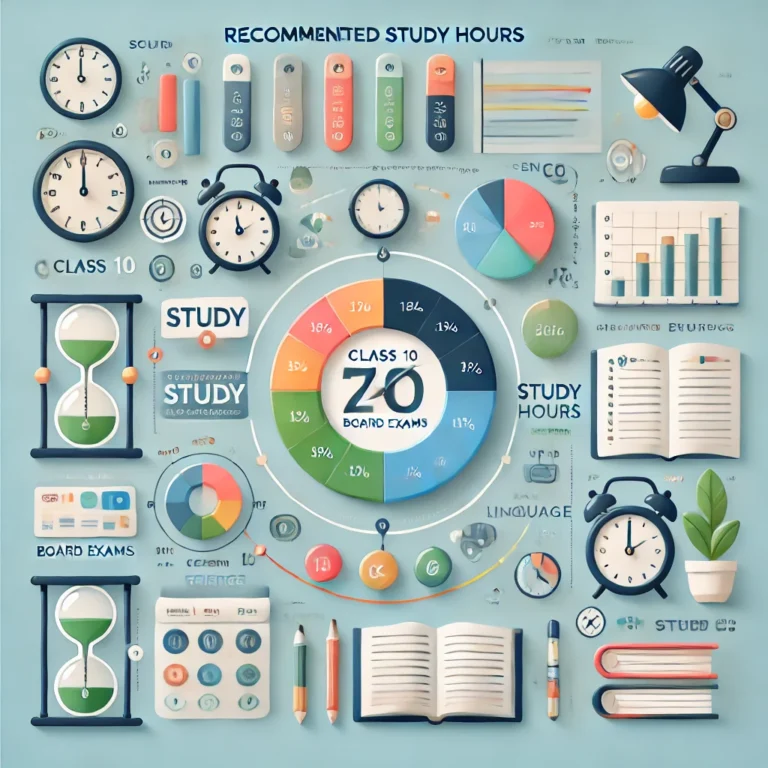Introduction
Class 10 board exams are essential to a student’s academic journey. Preparing for these exams requires a strategic approach that focuses on both academic and non-academic factors. Here are some key elements that should be included in your board exam strategy:
Understand the exam pattern
Before you begin preparing for the exams, it’s essential to understand the exam pattern. This includes the marking scheme, types of questions, and time duration. This knowledge can help you plan your study schedule and approach each question effectively.
Create a study plan
Creating a study plan is critical to your success in board exams. It’s essential to allocate time for each subject, prioritize the weaker areas, and include regular revision sessions. You should also make sure to take breaks to avoid burnout.
Practice previous years’ papers
Practicing previous years’ papers is an excellent way to familiarize yourself with the exam pattern and types of questions. It can also help you identify your strengths and weaknesses and work on them accordingly.
Focus on conceptual understanding
Rather than just memorizing information, focusing on conceptual understanding is essential. This will help you apply the knowledge to real-life scenarios and answer questions more effectively.
Take care of your health
Taking care of your physical and mental health is crucial during the exam preparation period. You should make sure to eat well, exercise, and get enough rest to maintain focus and productivity.
In conclusion, a successful board exam strategy should focus on understanding the exam pattern, creating a study plan, practicing previous year papers, focusing on conceptual understanding, and taking care of your health.
FAQs:
How should I allocate time for each subject?
It’s essential to allocate time for each subject based on the weightage of marks in the exam. You can also prioritize the weaker areas and focus on them accordingly.
Should I focus on memorization or conceptual understanding?
Conceptual understanding is crucial to your success in board exams. Rather than just memorizing information, you should focus on understanding the underlying concepts and applying them to real-life scenarios.
Can I study for long hours at a stretch?
Studying for long hours at a stretch can be counterproductive and may lead to burnout. It’s better to study for shorter periods regularly, with regular breaks, to keep your mind fresh and focused.
How often should I revise the material?
Regular revision is crucial for better retention of the material. It’s recommended to revise the material at least once a week, and more frequently for challenging topics.
How do I manage exam stress?
Managing exam stress is essential to maintain focus and productivity. You can manage stress by taking breaks, practicing relaxation techniques, and getting support from family and friends. It’s also important to maintain a positive mindset and focus on your strengths.




